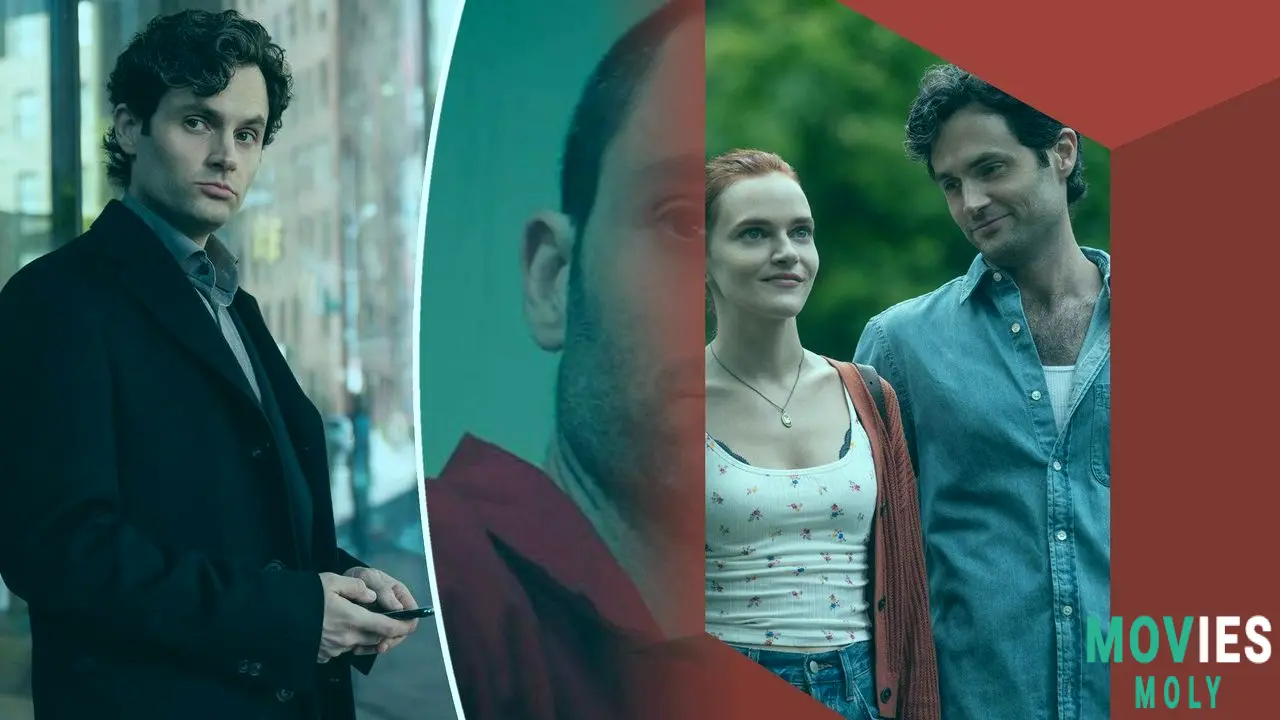By Nicolas Ayala
After five seasons, multiple cities, and countless cages, Netflix’s You has given us the final chapter in the twisted tale of Joe Goldberg. The once-charming bookstore cleric turned unrepentant serial killer has finally been grounded—not by death, but by isolation, exposure, and a cruelty that's as psychological as it is physical. And yet, as the dust settles on this dark love letter to male fantasy and audience complicity, the final episode manages to both deliver closure and spark a cultural self-reflection that few shows dare to attempt.
The ending that didn’t just close a story, but confronted its audienceIn a series finale packed with irony, vengeance, and a touch of wish fulfillment, Joe ends up where he perhaps always belonged: alone. Trapped in a transparent cage beneath a bookstore in Manhattan—an eerie echo of his own monstrous past—Joe is left to grapple with the void of his existence. His final prisoner isn’t another woman, but the illusion of relevance itself. When he receives a letter from a supposed fan, expressing desire to become his next victim, Joe can't help but turn the phrase on its head: “Maybe the problem isn’t me. Maybe… it’s you.”
That last line, delivered with a fourth-wall-breaking stare into the camera, isn’t just a final barb from a man unwilling to take full responsibility. It’s a mirror held up to a fandom that spent five seasons watching, and often rooting for, a man who rationalized murder as love. As Entertainment Weekly notes, Penn Badgley himself sees the line as dual-purpose — both a cop-out from Joe, and a genuine critique of our cultural consumption. We loved Joe. We binge-watched his descent. Now, he’s asking us what that says about us.
Bronte: The ultimate audience avatar and narrative foil
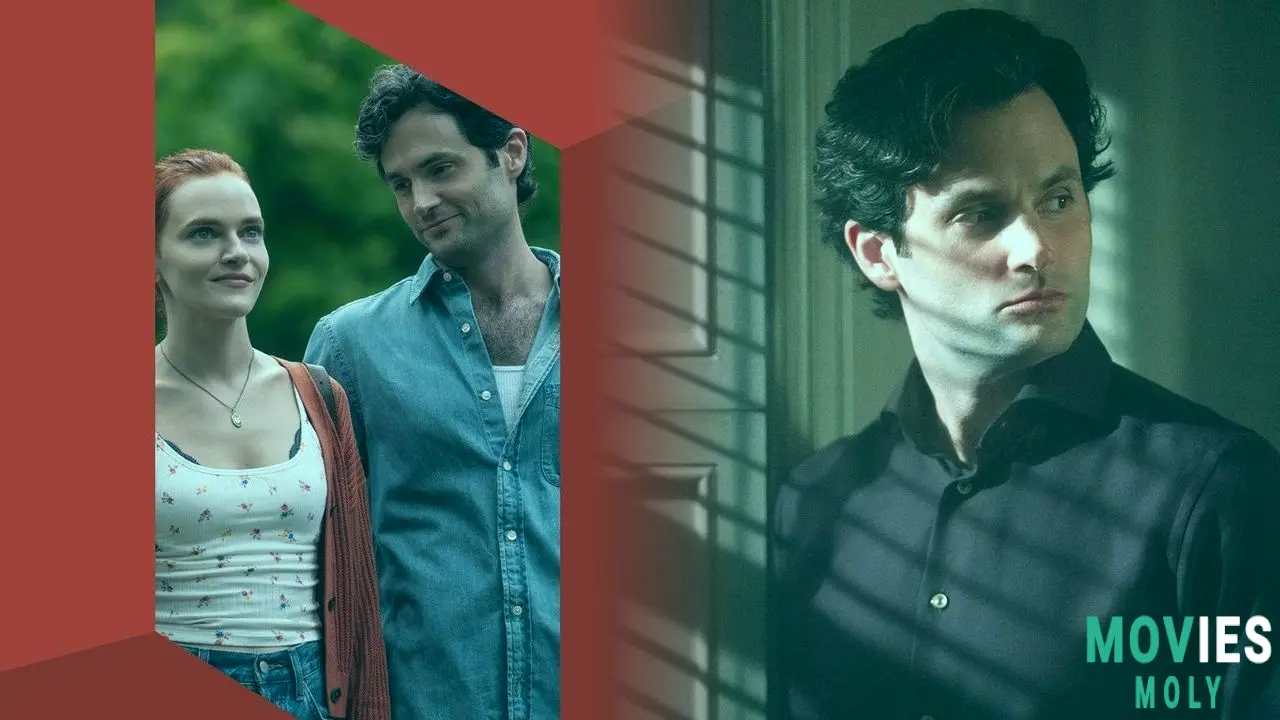
Season 5’s antagonist—if she can even be called that—wasn't really out to kill Joe. She was out to expose him. Bronte (Madeline Brewer), with her clever twist of identity and storytelling, isn’t just another trap for Joe. She’s us. She lures him in by playing the role he knows best—wounded, aimless, female—and then flips the script by becoming the reflection of Joe’s own misogynistic fantasy: a woman who thinks, speaks, and plots just like him.
Her real name may never be revealed, but her purpose is crystal clear. She’s an avatar for the audience’s complicity, a meta-commentary on how many times we've accepted the "I'm broken, fix me" trope simply because that's the kind of story Joe likes to tell (and write). As showrunner Michael Foley put it, she was designed to fall in love with Joe and then show him — and us — what he really is.
A finale filled with wishful endings and hard truths
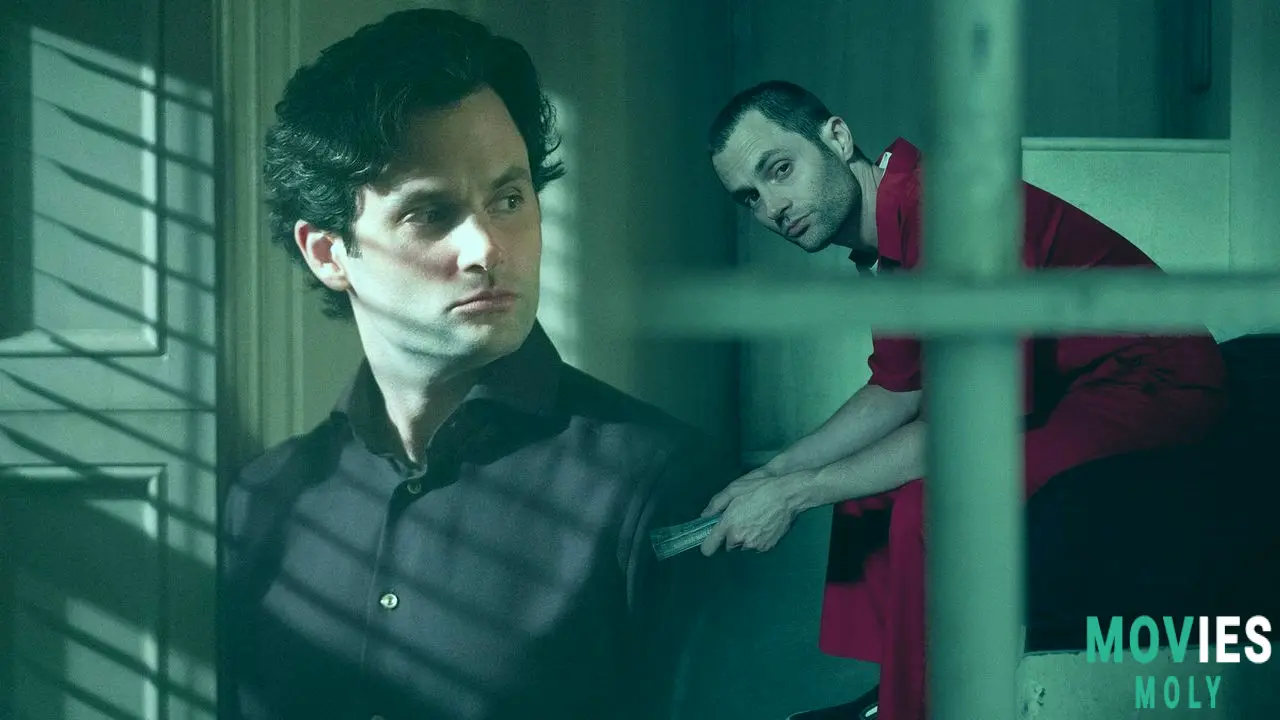
The montage following Bronte’s final confrontation with Joe feels almost like a separate epilogue—a series of wishful endings for the women who survived (or outlived) Joe’s obsession. Kate transforms a predatory family empire into a nonprofit. Nadia gets her book published. Marienne thrives as an artist. And Guinevere Beck’s original manuscript is restored to its rightful glory, free from Joe’s editorial (and fatal) interference.
These happy(ish) closures might seem out of place in a show that thrived on dark irony, but that's the point. They’re written by Bronte — or perhaps Louise — the true-crime bard who took control of the narrative just as Joe lost his grip on reality. It's a powerful feminist reclamation: these women’s stories are no longer defined by Joe. They’re free, even if that freedom feels a bit fantastical.
Why Joe’s survival is more impactful than his death
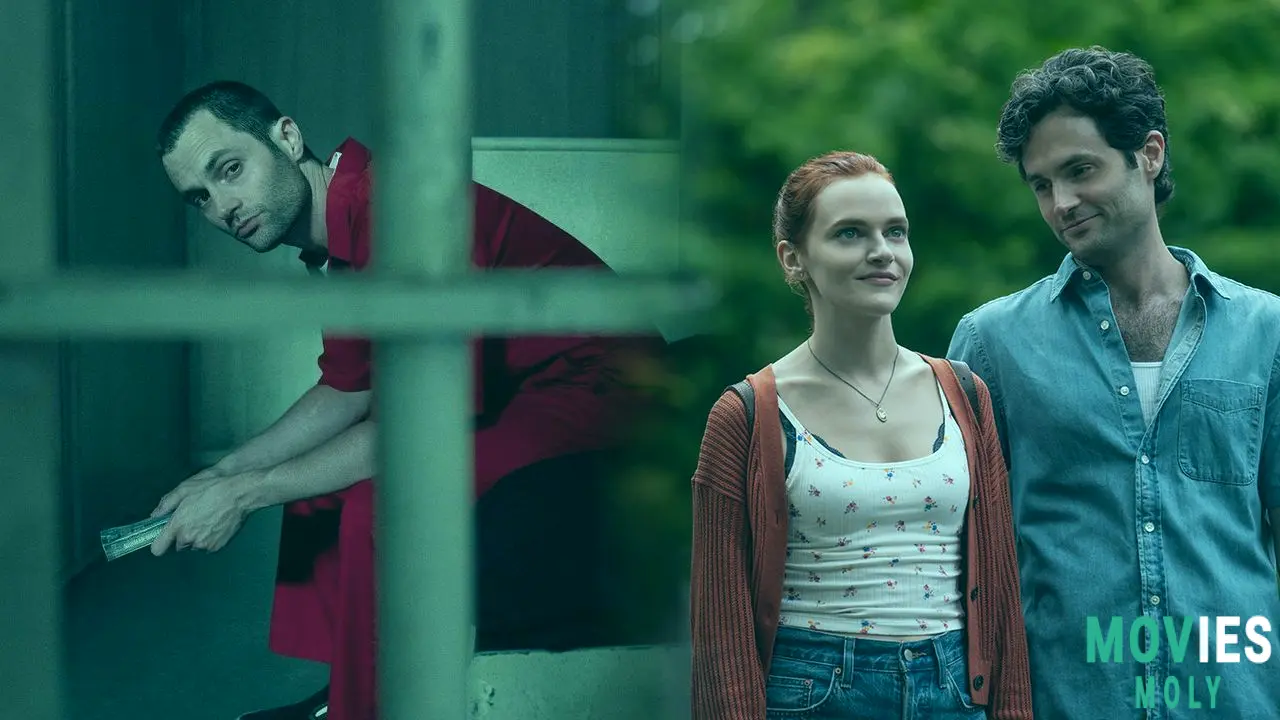
One of the most intriguing behind-the-scenes revelations is how close the writers came to killing Joe off in the finale. There was even an early draft where Joe dies and the audience only realizes it in the final moment — when he becomes a ghost. But in the end, the creative team chose something bolder: they let him live.
As Foley explains, death would have been "too easy." Letting Joe live — and suffer through solitude, humiliation, and irrelevance — is a form of punishment more fitting for a character who thrived on control and manipulation. It's also a statement: Joe’s brand of toxicity doesn't end with him. It lives on in the letters he receives, in the fans who fetishize him, in the culture that turns killers into icons.
Five seasons of cultural critique wrapped in a thriller’s skin
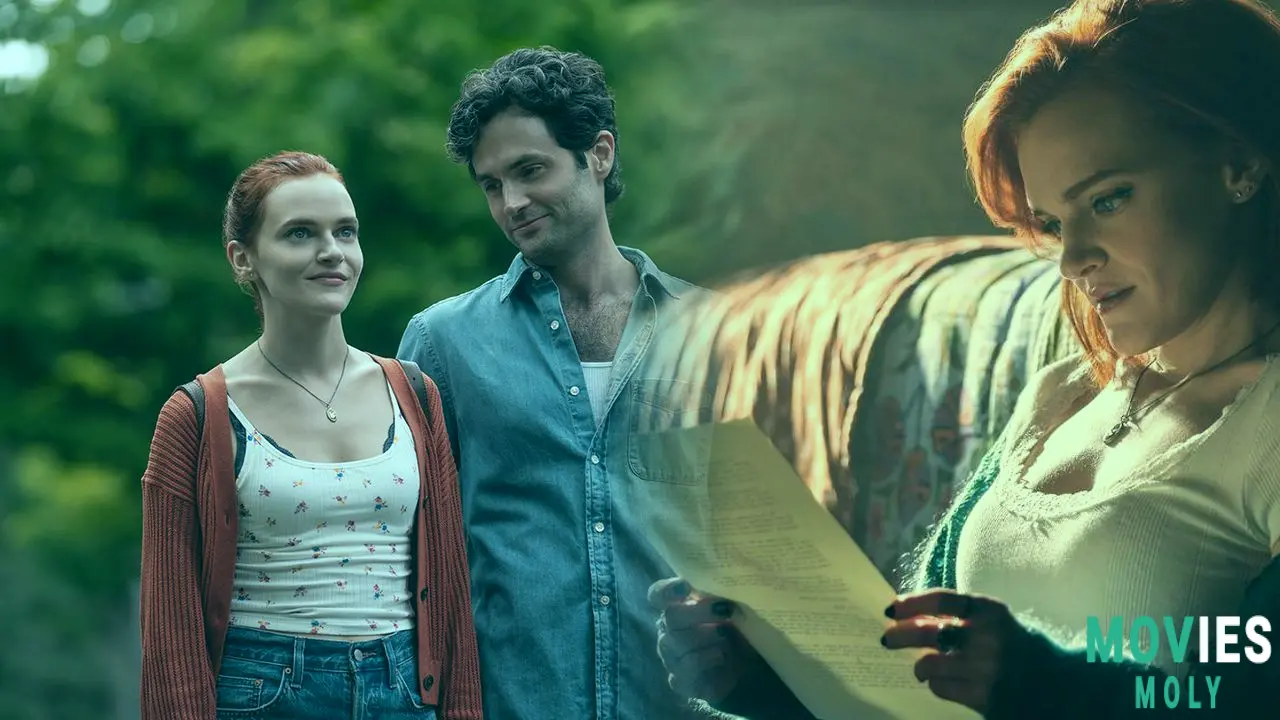
What You has accomplished, especially in its final season, is nothing short of remarkable. It’s taken a character that many viewers initially saw as "edgy" or "complex" and peeled back every layer of uncomfortable truth beneath that perception. It’s questioned our craving for romantic redemption stories, our willingness to ignore red flags in the name of love, and our societal blind spot for gendered violence.
For nearly a decade, Joe Goldberg was squarely in the cultural crosshairs. And now, thanks to a finale that is as self-aware as it is unrelenting, that crosshair has shifted — straight to us.

